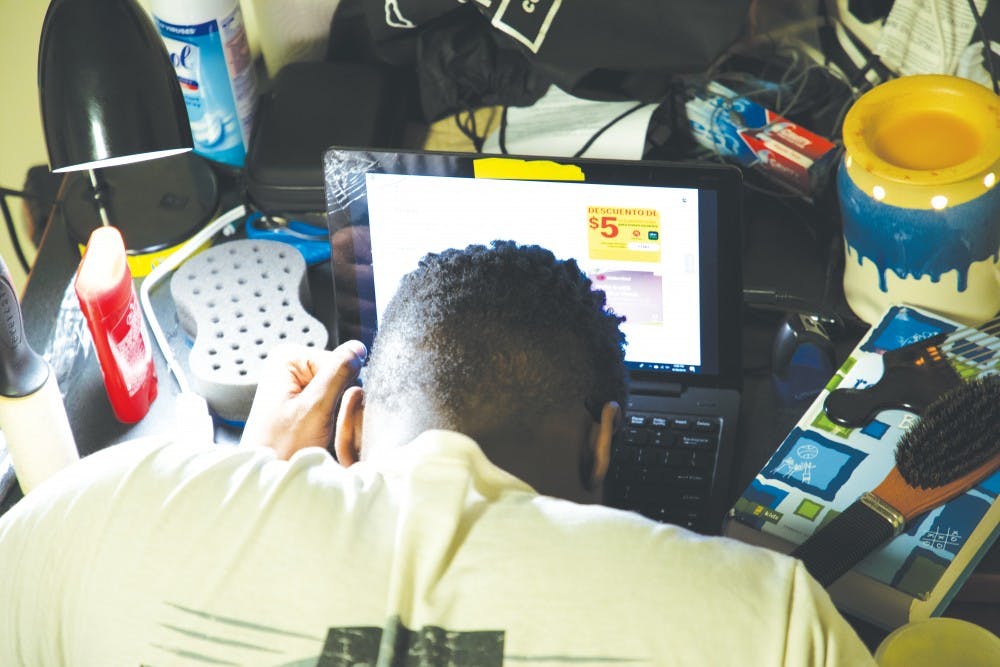After working late-night shifts as an emergency medical technician in Henry County, Katelin Holaday said she doesn’t always have the energy to finish the homework piling on her desk.
“[Working late] definitely made me grumpy,” said the sophomore biology major, who works two to three days a week. “It just made school harder because it was hard to focus on everything.”
Sometimes, she said she has had to work 12 hours straight, heading directly to class from work.
“It’s the kind of mindset that like, ‘Well you’re in EMS, so you know you aren’t going to sleep,’” Holaday said.
Holaday isn’t alone when it comes to her problems associated with sleep deprivation. A new study, “Short Sleep Duration in Working American Adults,” reported nearly 36 percent of working American adults get less than seven hours of sleep each night on average.
“If you look at the job changes, and racial, gender, ethnic changes, overall, Americans are bound to sleep less,” said Jagdish Khubchandani, associate chair and professor of health science at Ball State, and co-author of the study.
Those working in health and safety occupations, such as police officers or doctors, get the least amount of sleep each night, the study found.
While those in these fields may understand they will get less sleep, Khubchandani said he was concerned about employers’ roles in maintaining the health and safety of their employees, adding that it is the job of the employer to make administrative changes when necessary.
“The employers have to be mindful too,” Khubchandani said. “If they don’t want to be mindful, then they have to be prepared to pay for all the health care costs associated.”
Suggested Solutions
Khubchandani said people with sleep problems need to assess their lifestyles before making any health-related decisions. For example, he said over-the-counter medication, while helpful, should be avoided until absolutely necessary.
To find the right balance between school and work, Holaday said she uses a dry erase calendar and writes in an agenda to keep track of her day-to-day tasks.
“I have to make sure everything’s written out for me to see,” Holaday said. “So that way I can stick with everything.”
The study’s other co-author James Price, professor emeritus of health education and public health at the University of Toledo, said a common misconception people have is that they can “catch up” on their missed hours of sleep by sleeping throughout the day.
Instead, a Harvard Medical School study found that attempting to compensate for lack of sleep by “sleeping in” has adverse effects on a person’s attention and focus and can make one feel more fatigued.
Price recommended individuals start creating a set “bedtime” they want to aim for each night.
“People should set a time within a half hour to 45 minutes of when you're going to sleep every night at the same time,” Price said. “This gets you into the habit of knowing that you’re going to get tired at a certain time. Sleep is such a critical element of life, and people shouldn’t ever be getting less than seven hours of sleep at night.”
This year, Holaday said she got more scholarships which allow her to work less and hopefully sleep more.
“I couldn’t go to study sessions, tutoring, or SI or anything like that,” Holaday said. “But now I can because I don’t work as much, and my grades and my sleep schedule have greatly improved.”
Contact Chase Martin with comments at cgmartin@bsu.edu.





